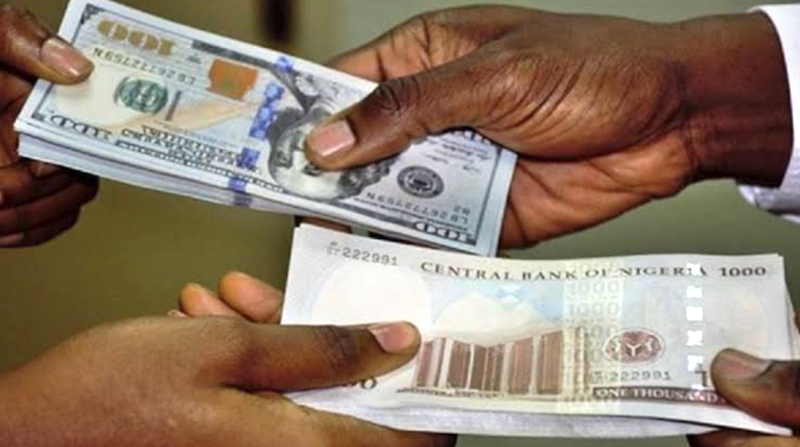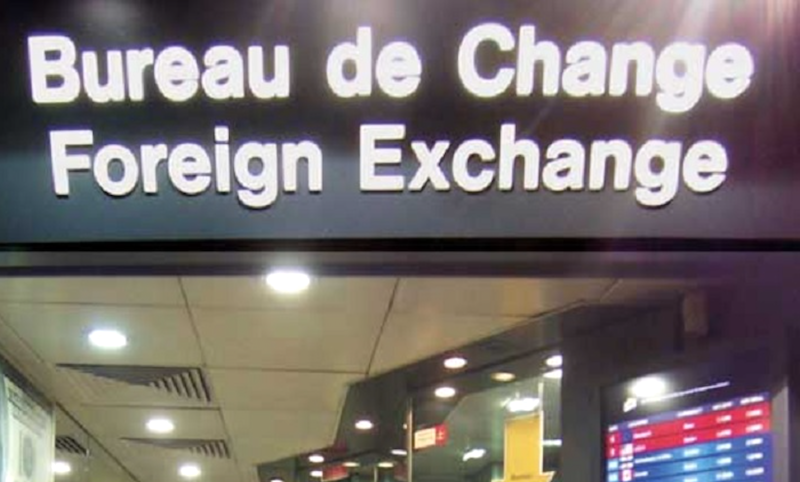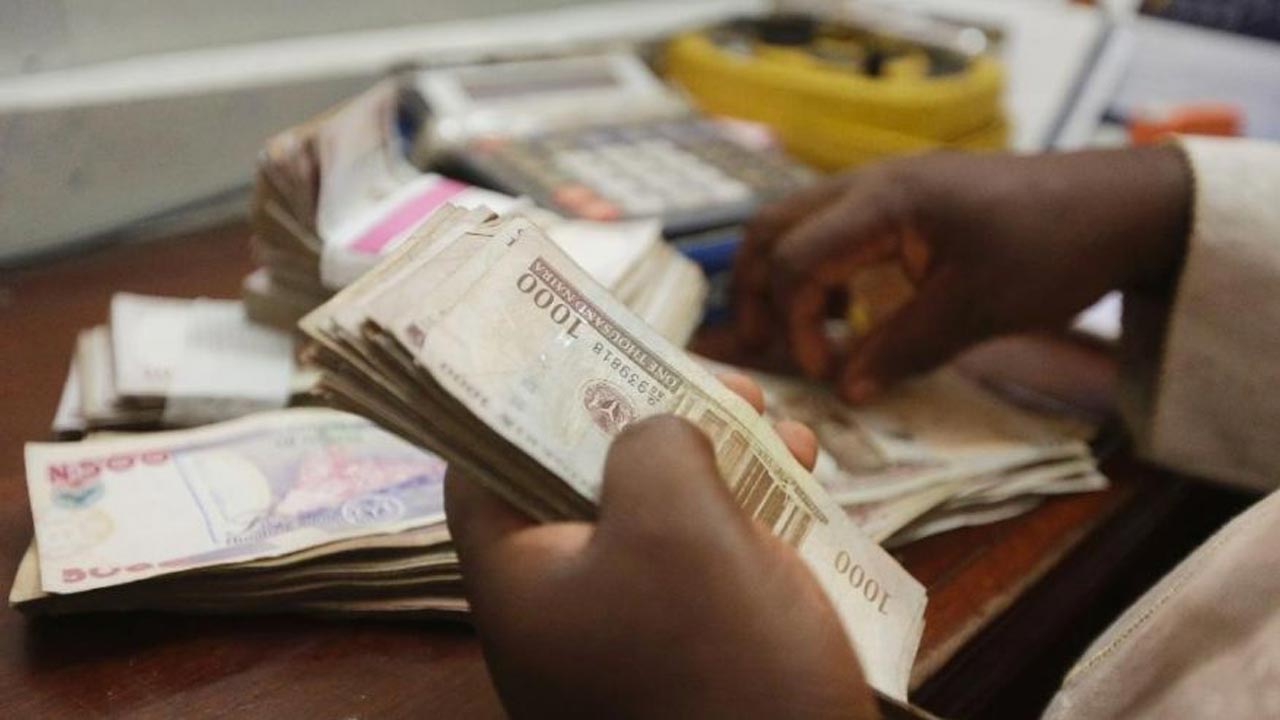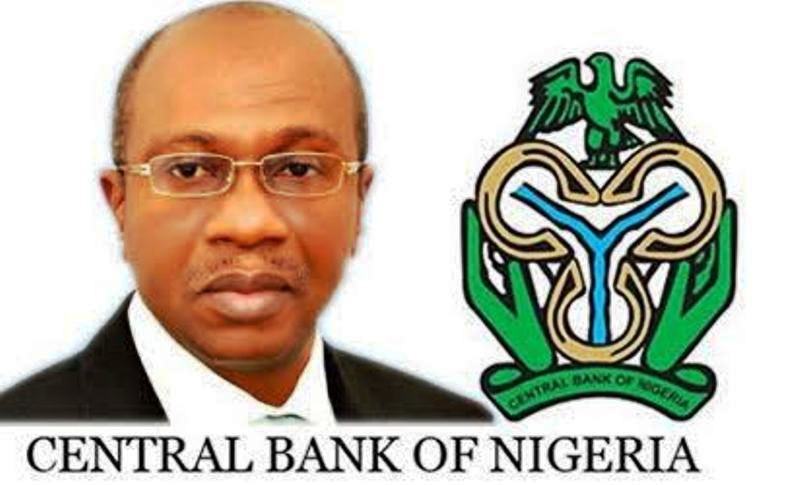The Central Bank of Nigeria (CBN) has mandated foreign exchange sellers to Bureau De Change (BDC) of the equivalent of 10,000 dollars and above to declare their forex sources.
Haruna Mustapha, Director, Financial Policy and Regulation Department of the CBN, said this in a revised regulatory framework to curtail excesses of BDCs and check uncertainty in the foreign exchange market.
Mustapha said that such sellers would also be required to comply with all Anti-Money Laundering/Combating the Financing of Terrorism (AML/CFT) regulations.
He said that the guidelines would significantly enhance the regulatory framework for the operations of BDCs as part of ongoing reforms of the Nigerian foreign exchange market.
According to him, the guidelines revises the permissible activities, licensing requirements, corporate governance and AML/CFT provisions for BDCs.
“It also sets out new record-keeping and reporting requirements, among others,” he said.
The guidelines also specify that no person shall carry on the business of BDC in Nigeria except with the prior authorisation of the CBN.
It described BDC as a company licensed by the CBN to carry on only retail foreign exchange
business in Nigeria.
It banned commercial, merchant, non-interest and payment service banks, other Financial Institutions (OFIs), including holding companies and payment service providers from promoting BDCs.
It also precluded serving staff of financial services regulatory and supervisory agencies, serving staff of regulated financial services providers, governments at all levels, among others, from promoting BDCs.
The guidelines permitted BDCs to acquire foreign currency from authorised sources like tourists, returnees from the diaspora and expatriates with foreign exchange inflows from work, travel, investment or their domiciliary accounts.
Other permissible sources are International Money Transfer Operators (IMTOs), embassies, hotels that are authorised buyers of foreign currencies, the Nigerian Foreign Exchange Market (NFEM) and any other source that the CBN may specify.
It warned the BDCs not to engage in street-trading, maintaining any type of account for any member of the public, or accepting any asset for safe keeping/custody.
It said that the BDCs were also not permitted to take deposits from or grant loans to members of the public in any currency and in any form.
“Retail sale of foreign currencies to non-individuals, except for BTA, international outward transfers, engaging in off-shore business or maintaining foreign correspondent relationship with any foreign establishment are also not permissible,” it said.







